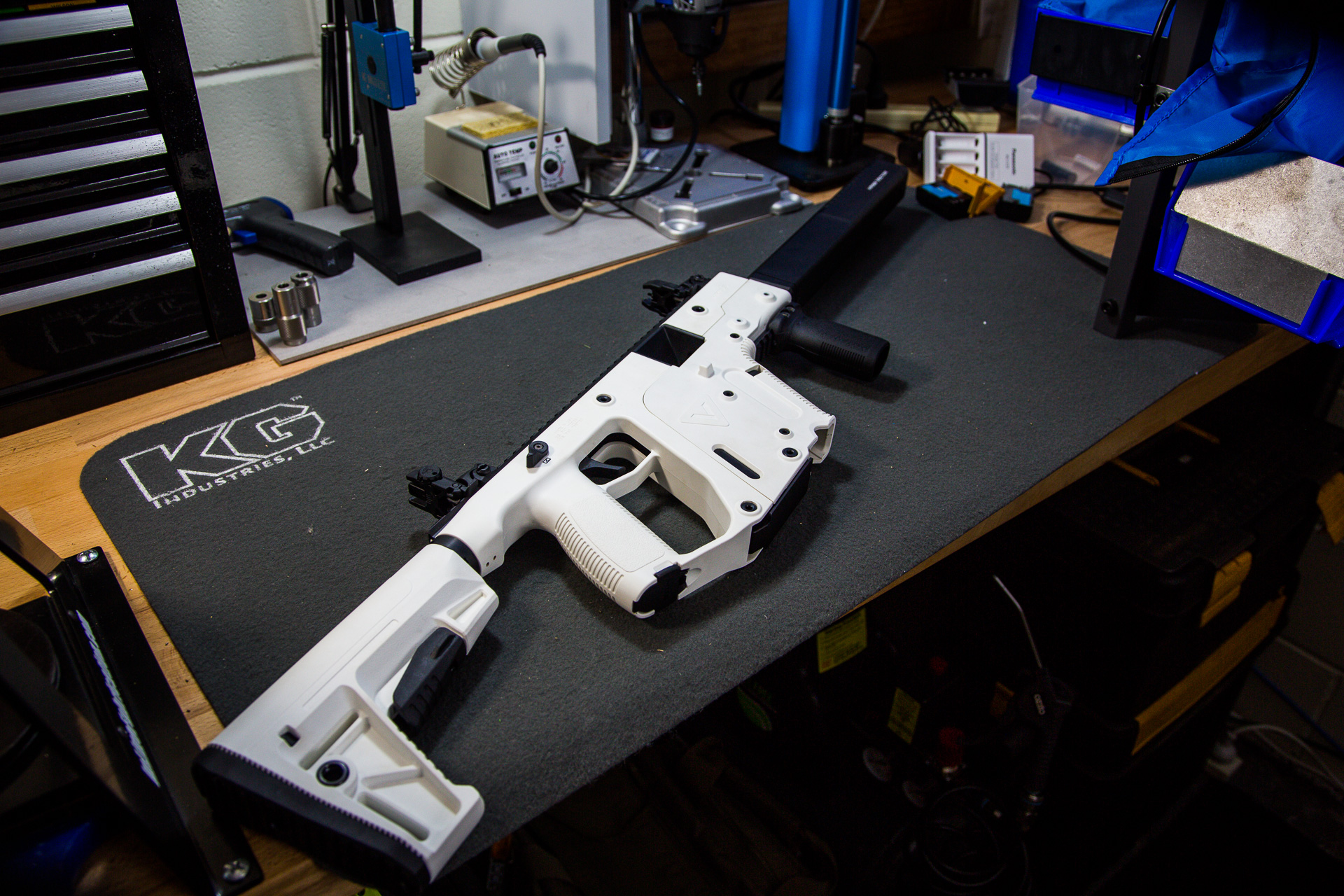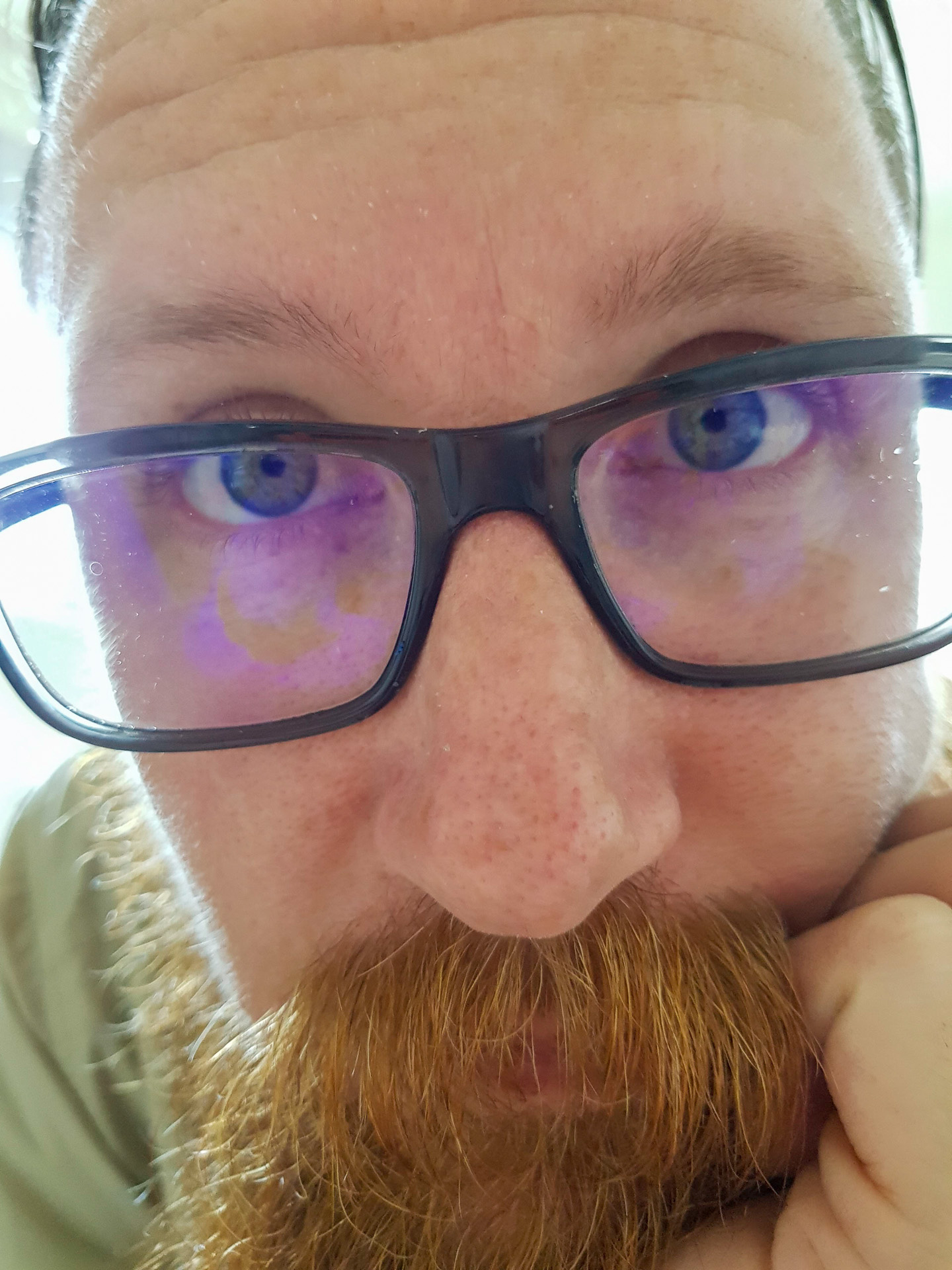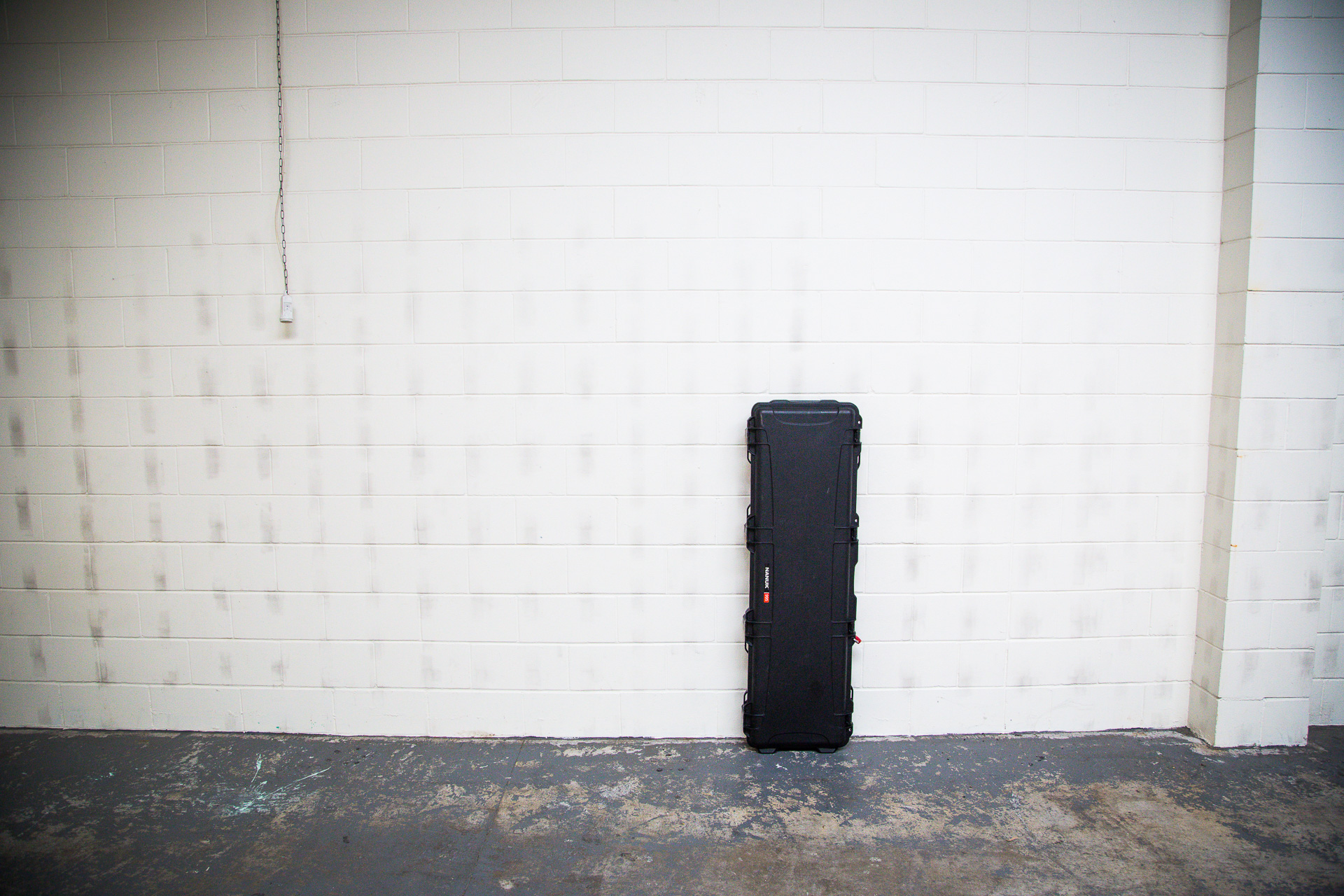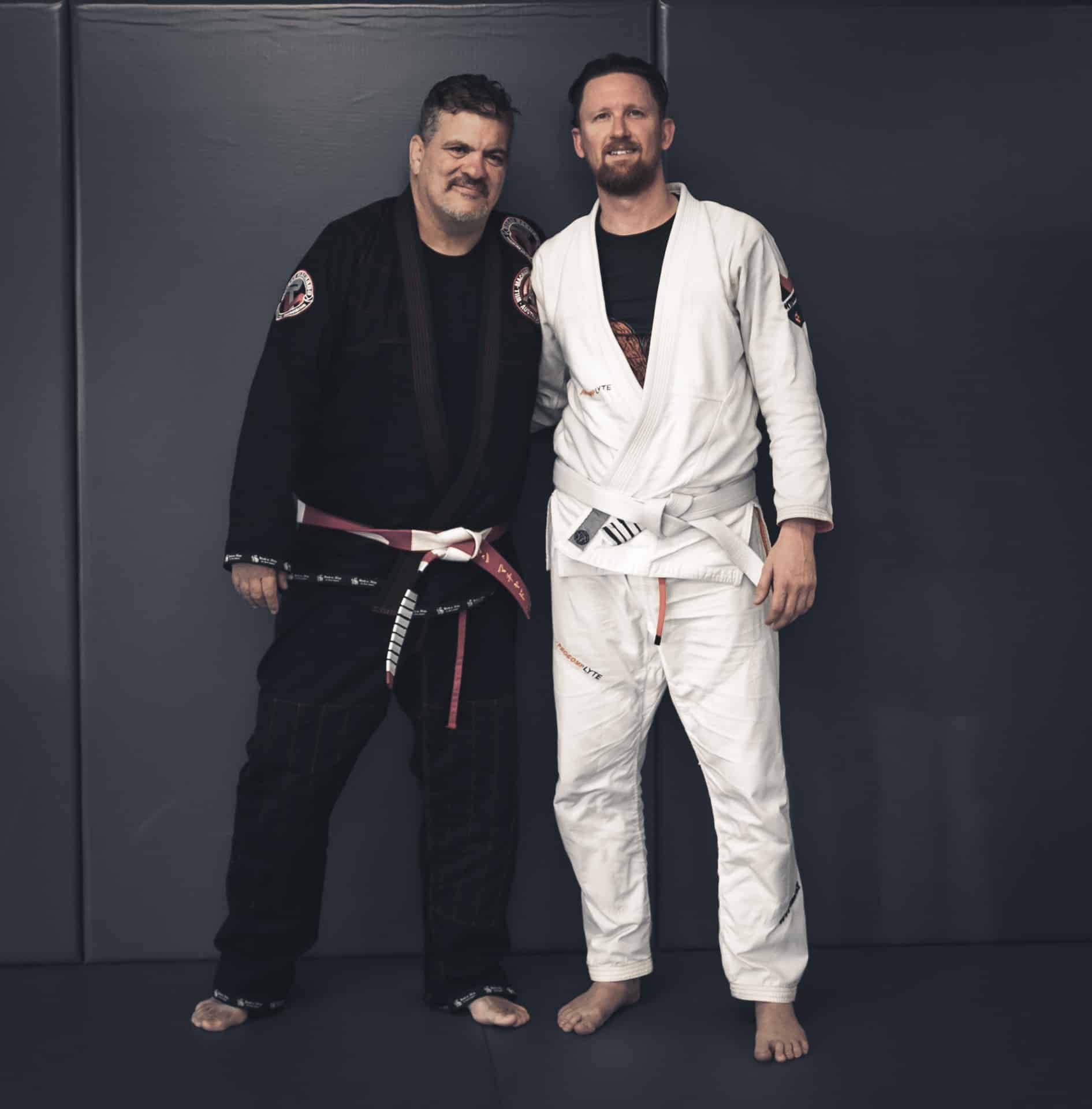One of the most notable changes has been the establishment of Te Tari Pureke, the Firearms Safety Authority, which has now taken over the firearms licensing system. This transition has undoubtedly brought about a more streamlined and organised process. However, the foundational message from my original video remains as relevant today as it was then: the paramount importance of prioritising one’s mental health.
For those who haven’t yet watched the video from Mentalhunts over at this link, I strongly encourage you to do so. It contains essential insights and advice that could be beneficial for many.
Ultimately, this journey has reinforced a simple but vital truth: maintaining mental wellness should always take precedence, no matter how challenging that may seem. By openly sharing my experiences, I hope to inspire others to take proactive steps towards their mental health and well-being.
Reflecting on the Original Video
When I originally shared my journey in the video, it was an attempt to openly discuss the complex relationship between firearm ownership and mental health. The aim was to encourage a more open dialogue around these topics, often shrouded in stigma. At that time, I acknowledged the need for regular mental health check-ups and how important it is to seek help when needed. The response to that video was overwhelming and cemented my belief that these conversations must happen more frequently and openly.
Since then, quite a bit has changed, particularly with Te Tari Pureke (Firearms Safety Authority) taking over the administration of the licensing system. This transition has streamlined the process significantly and brought about a more structured approach to addressing mental health concerns for firearm owners. It’s a big step forward from where we were and addresses many previous ambiguities.
Those who watched the video might remember I promised you an update on my licensing process. Well, here it is. The journey wasn’t without its hurdles, but I can confidently say it was manageable, mainly due to the clarity provided by the new guidelines. The experience reinforced the idea that firearm safety and mental health are closely linked, and both should be prioritised without hesitation.
If you haven’t yet, please watch the updated content from Mentalhunts on Mentalhunts TV. This video contains essential information to guide you through similar situations, offering practical steps and emotional comfort.
Looking back, one of the key takeaways was how the perceived difficulty of the process was more about clarity and understanding than actual complexity. Once the steps were clear, everything fell into place relatively smoothly. This journey made me realise that, as challenging as it seems, prioritising mental health over the possession of firearms is crucial. It’s a decision that safeguards your safety and that of others around you.
My Personal Licensing Process
Quite a bit has changed since the original video, notably the transition to Te Tari Pureke, or the Firearms Safety Authority, which now oversees the licensing system. My journey through the updated process was enlightening, and I hope sharing it can provide clarity for others facing similar situations.
To begin, I needed to secure a letter from my healthcare provider affirming my fitness to hold a firearms license. Interestingly, due to the specific reading of the legislation, my therapist and psychologist were not eligible to serve as my ‘healthcare provider’ for this purpose. Therefore, I had to obtain the letter from my general practitioner (GP), who had engaged in a discussion with my therapist beforehand. This step underscored the importance of clear communication between healthcare professionals.
After acquiring the necessary letter, I forwarded it to the Police, which allowed the re-licensing process to continue smoothly. Notably, during my interview, the matter was not even brought up, reinforcing that proactive and transparent communication had effectively addressed potential concerns.

At no stage did my therapist nor I perceive my possession of firearms as a concern. Early in my therapy, I had disclosed my ownership and took proactive measures to ensure it never became an issue. Nonetheless, my therapist did muse on what the process might look like for someone with a different stance on firearms — whether personal aversions could influence a therapist’s response.
However, the more significant takeaway from this is the immense benefit I’ve experienced from committing to regular therapy. The contrast between my mental state now and where I was during the original video is profound. Even though it may not have looked like I was in a ‘bad’ place then, the improvement in my overall well-being today is like night and day.
Therefore, if the idea of discussing your mental health with someone resonates with you, I strongly encourage you to pursue it. Therapy should be seen like physical exercise — an ongoing, preventative practice that ideally starts well before a crisis requires intervention. Trust me, prioritising your mental health can yield life-changing benefits.

Comparing My Mental Health: Then and Now
Looking back at where I was when I made that original video, it feels almost like I’m seeing a different person. At that time, I didn’t think I was in a “bad” place, and perhaps to an observer, I wasn’t. But the transformation I’ve experienced through regular, committed therapy has been nothing short of profound.
Initially, there was understandable trepidation about disclosing my firearm ownership to my therapist. However, being open about it from the start sets an indispensable foundation of trust and transparency. My therapist’s acknowledgment and professional neutrality regarding firearms were particularly reassuring. I often wonder what the process would have been like if their views differed, but luckily, my experience was straightforward and supportive.
Despite the complexities of navigating the licencing process, particularly having to obtain a letter from my GP rather than my therapist or psychologist, the steps I needed to take were clear once I understood them. It involved contacting my GP, who then consulted with my therapist before confirming that there were no concerns about my fitness to hold a firearm licence. This bureaucratic step, while inconvenient, didn’t overshadow the mental clarity and stability I had gained from therapy.

What’s most remarkable, in hindsight, is realising the stark contrast in my mental and emotional state. Therapy has provided me with tools to navigate life’s challenges more effectively, and my overall sense of well-being has significantly improved. By dedicating time and effort to my mental health, I’ve fostered a deeper understanding of myself and cultivated resilience that permeates all areas of my life.
This journey underscores an essential message: addressing mental health proactively is about avoiding crises and enhancing the quality of life. If you contemplate opening up about something similar, I strongly encourage you to take that step. Just as physical exercise keeps our bodies fit, regular mental health check-ins keep our minds healthy and agile. Please don’t wait until necessary; make it a habit and witness the positive changes unfold.
For healthcare providers seeking more information, visit this resource. For general information, check here.




